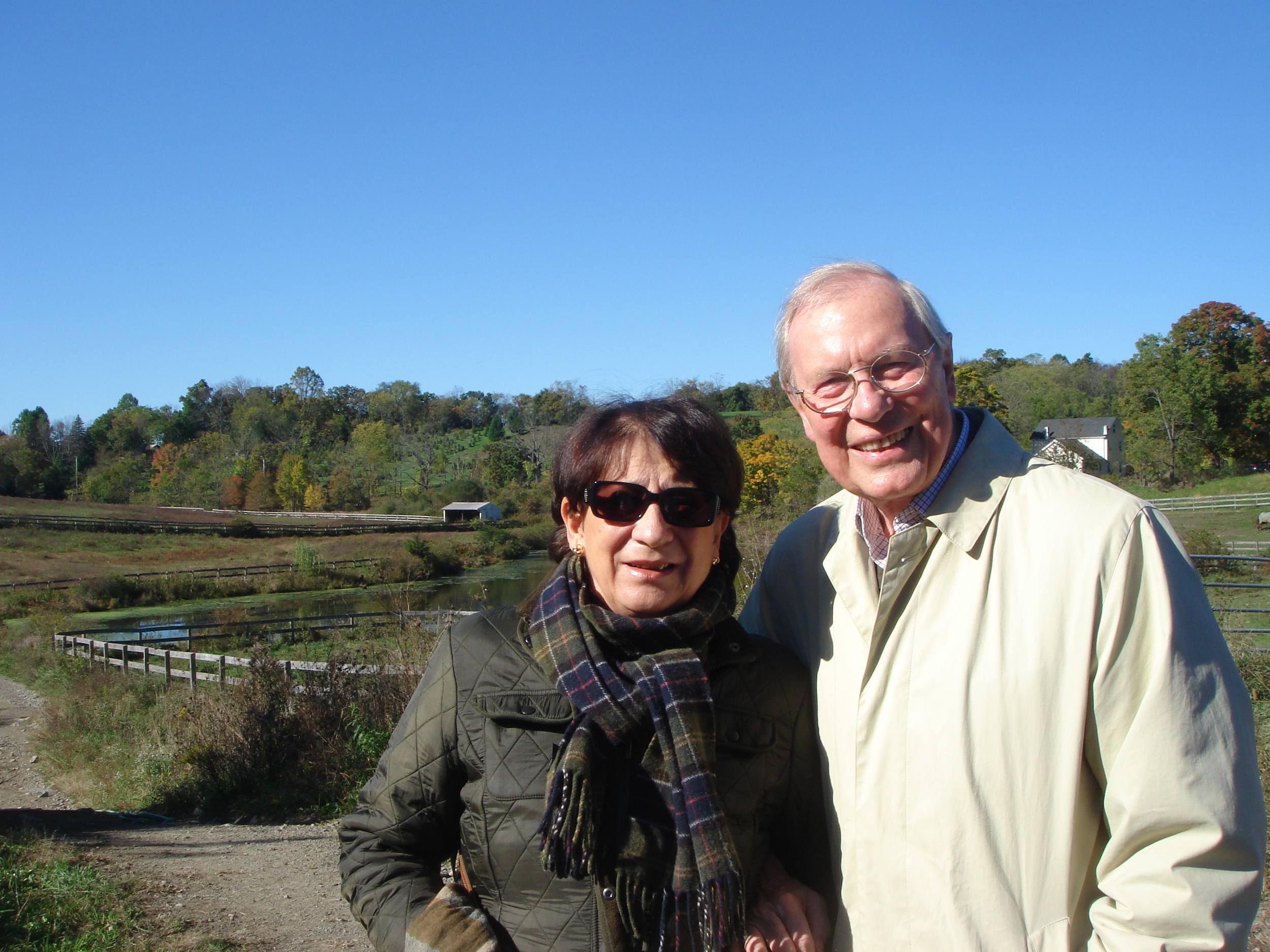A few days ago I attended a brief seminar on memory improvement. Two interesting points, in common with Holistic Living, came up.
The first one was presented in the context of techniques for remembering names when meeting new people. Matthew Goerke, the speaker and an expert in memory development, explained what meditation teachers are always stressing, that the untrained mind is like a wild horse. It goes wherever it wants to - not necessarily where you or I want it to go. Without intent and focus a person's name basically goes into one ear and out your other because your mind is meanwhile chattering about your to-do list for the afternoon or that you'd really like a tuna fish sandwich for lunch. Key is to take control of your mind, to be in the Here and Now, to tune into the person you are meeting, to repeat her name with focus and intent while shaking hands. Chances are you'll remember her name again when your paths cross in the supermarket aisle, instead of remembering the face vaguely, but neither where you met nor her name.
The other point had to do with the beliefs we subconsciously hold about ourselves and how, in this case, they impact your memory. You might say or think "I have a hard time remembering things," or "My memory is getting worse the older I get." This type of running internal commentary is like a mantra and becomes a self-fulfilling prophecy if repeated often enough. Instead, begin to repeat how you'd actually like to be, even if you have to fake it before you truly believe it (our minds can't distinguish between the two, so "fake it 'til you make it" is good advice). Better to keep saying to yourself and others "I have great memory," or "My memory is getting better every day." If you repeat it often enough this, too, becomes a self-fulfilling prophecy.
No need for ginkgo biloba. Instead, be mindful and focused (tell your mind where you want it, keep the reins tight), and think and speak what you do want (a great memory in this case), not what you don't want or fear (such as "I keep forgetting things," or "I can never remember names").
When Matthew Goerke asked us at the seminar "How's your memory?" we learned that our answer should be "Great."




